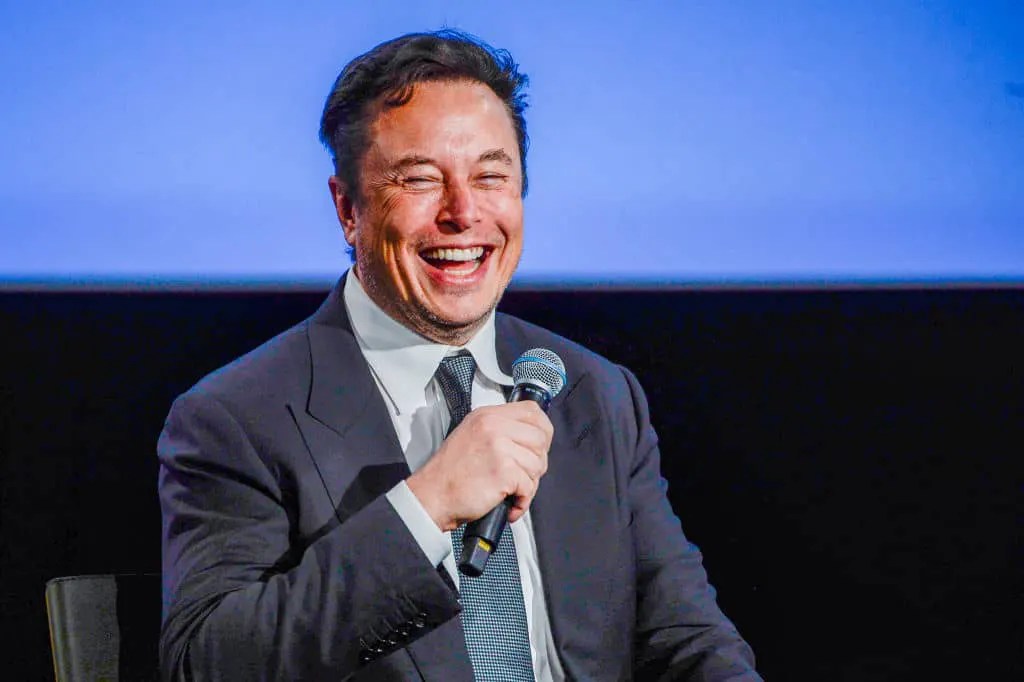It’s finally happened. After months of legal wrangling, Twitter has fallen. All hail King Elon; the ‘bird is freed’. The executives running the show have been defenestrated, including CEO Parag Agrawal and head of safety Vijaya Gadda. Around the virtual watering hole, skittish packs of activists watch nervously as the ground shakes; Donald Trump, the biggest of the Twitter big beasts is set to make his return. And isn’t the wailing glorious? Well yes, but.
Basing your politics around things your opponents dislike is a trap that it’s easy to fall into. Conservatism is not a negative image of progressivism, but an alternative philosophical perspective with its own positive vision of what the world should look like. A movement based only in reaction to a cause will find itself defined by it, unable to escape the ideological limitations that that imposes, and doomed to failure.
With all that said, the hyperbole surrounding the takeover has been staggering. ‘It’s like the gates of hell opened on this site tonight,’ was the verdict of the Washington Post‘s Taylor Lorenz. ‘A Musk-owned Twitter could be disastrous for women and marginalised communities already facing abuse and targeted harassment on the platform,’ said Christopher Bouzy of Bot Sentinel, a bot-detection system.
The hyperbole surrounding the takeover has been staggering
In light of this reaction, it’s worth stepping back and remembering just how modest the goals set by Musk actually are. Musk believes that Twitter should serve as ‘a common digital town square’, where debate flourishes between left and right, bringing people together to discuss matters of interest. This doesn’t mean a conversation entirely unmoderated (‘a free-for-all hellscape’, in Musk’s words). It doesn’t mean turning the website over to the right of politics only; that would defeat the entire point of a digital town square. There are already right- or left-only apps which provide that service. All Musk is proposing is that Twitter takes its thumb off the scale. And that is exactly why some progressives are furious.
The view among some of those on the left when it comes to Twitter has long been contradictory. At the same time, it was just another private company quite entitled to ban anyone it liked and censor speech as it saw fit, and also a vital part of our democracy unique in its ability to shape political discourse. That these two concepts fit together poorly was not a problem, so long as the bans and censorship happened to favour shaping that discourse in ways helpful to the progressive project. If Musk manages to reshape the platform as he likes, then this advantage will be taken away. Progressive ideas will have to engage with criticism without being able to simply silence arguments they find too difficult to deal with.
That is, unless they can find another way. Deprived of the ability to outsource censorship to Silicon Valley, politicians may simply smuggle it into domestic law. Britain’s own Online Safety Bill – with its ‘harmful but legal’ provisions and attempt to ban ‘psychological harm’ – is just one example of the many ways in which even supposedly conservative governments can find themselves locking in progressive values.
This political battle is likely to prove a far harder challenge than reshaping Twitter’s internal culture. Thierry Breton, European Commissioner for the Internal Market, responded to Elon’s announcement by reminding him that ‘in Europe, the bird will fly by our (EU) rules’, referencing new laws intended to ban misinformation, hate speech, and extremism – and exercise a vast and chilling effect on discourse in the process. If Musk is serious about his Digital Commons, his next step may have to be a more overt attempt to influence politics.






Comments